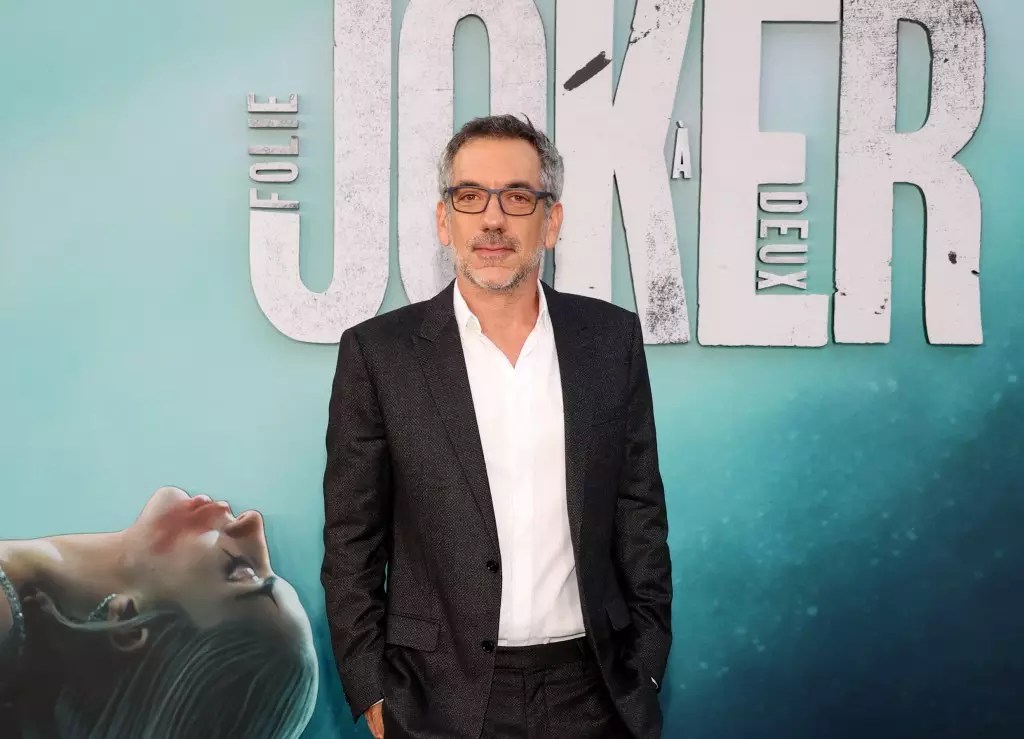In the ever-evolving landscape of film entertainment, director Todd Phillips, known for his work on the much-discussed “Joker: Folie à Deux,” recently shared some thoughts aimed at rejuvenating the cinema experience. Phillips argues for the elimination of commercials before movie screenings, suggesting that the time spent waiting through advertisements detracts from the overall excitement that audiences feel when they finally take their seats. He believes that since viewers purchase tickets in anticipation of the film, they should be welcomed into the theater without the interruption of marketing content that often feels more intrusive than engaging.
This perspective raises significant questions about viewers’ patience and the overall value of the cinema visit. With ticket prices rising and vulnerabilities in the industry’s revenue streams become evident, Phillips’ plea emphasizes a broader cultural critique of how commercialism has intertwined with artistic experiences.
The conversation around cinema is not restricted to Phillips alone. His remarks mirror a larger dialogue among filmmakers regarding the shift from traditional film to digital. Filmmakers like Sean Baker express concern about this transformation, viewing it as a compromise. As the move toward streaming services intensifies, many industry experts highlight how digital formats can sometimes prioritize efficiency over aesthetics. Baker’s poignant observations serve as a reminder of the delicate balance filmmakers must maintain between embracing technical innovation and preserving the art form.
Meanwhile, on the flip side, directors such as Paul Feig commend streaming platforms for their progressive contributions to the film industry. Feig’s support underscores a crucial development in modern storytelling; he believes streaming services have filled gaps that traditional studios left unchecked, allowing for narratives that might have otherwise gone unexplored. This dichotomy of opinions signifies a transformative moment in the industry, where binary thoughts about the quality of film production and distribution might lead to a broader understanding of diverse storytelling in a digital age.
Touching on the commercial realities within Hollywood, it’s noteworthy that Phillips’ latest project faced immense challenges at the box office, reportedly costing around $200 million but not convincing audiences enough to generate substantial returns. Critics have not been kind, labeling the film a “box office bomb” and some declaring it as disappointing in terms of narrative coherence and viewer engagement. Paul Schrader’s labeled response, comparing it to a “really bad musical,” exemplifies the harsh scrutiny artists can face in a climate that weighs financial success so heavily.
Contrasting this, renowned filmmaker Quentin Tarantino offered a unique spin on Phillips’ film, deeming it a provocative statement against conventional Hollywood. His remarks illuminate an intriguing juxtaposition where artistic aspirations can sometimes clash with widespread commercial expectations. The reality remains that in a culture where profitability often overshadows innovation, creators like Phillips wrestle with these dynamics, aspiring to deliver works that challenge the status quo yet grapple with market reception.
As discussions about the future of cinema continue, it is essential to recognize the importance of finding a harmonious balance between commercial viability and artistic integrity. Phillips’ suggestion about eliminating commercials is merely one facet of a multifaceted problem that encompasses broader themes of consumption and engagement. The future of film requires a thoughtful dialogue among filmmakers, producers, and audiences alike to navigate the complexities brought forth by technological advances while ensuring that the magic of cinema is not lost in the process. As the industry evolves, embracing change while advocating for viewer experience may prove critical to its survival in a rapidly diversifying entertainment landscape.


Leave a Reply